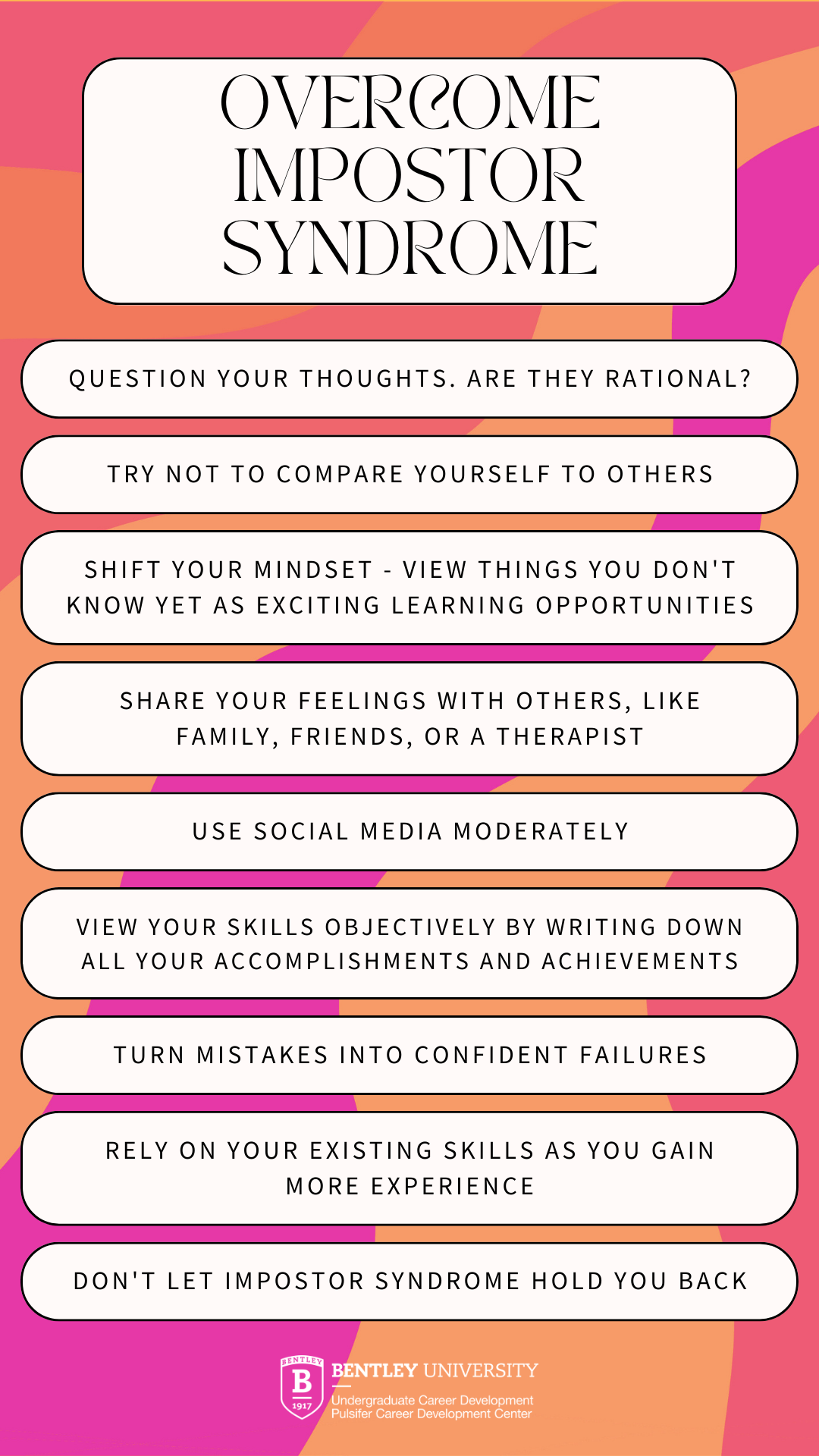Exploring Procrastination, Emotional Dependency, and Impostor Syndrome
Exploring Procrastination, Emotional Dependency, and Impostor Syndrome
Blog Article
In the modern age, people often face internal obstacles that hinder their success. Among these, procrastination, emotional dependency, and impostor syndrome stand out as common issues. But how can we overcome them?
In this guide, we will explore the root causes and strategies to address these three challenges. By understanding their impact and learning how to tackle them, you can take control of your life.
Understanding Procrastination and Its Impact
Procrastination refers to postponing important activities even when you are aware of the consequences. This behavior is frequently linked to emotional or psychological factors, such as anxiety or self-doubt.

The o que é procrastinacao effects of procrastination, sindrome de impostor can be far-reaching. To combat procrastination requires developing better habits and breaking tasks into smaller steps. Consider techniques like the Pomodoro Technique or setting realistic deadlines to stay on track.
The Nature of Emotional Dependency
Emotional dependency is a state where a person depends excessively on external relationships to fulfill their emotional needs. Although relationships are fundamental, emotional dependency turns detrimental when self-esteem is tied solely to others’ approval.

Symptoms often include a fear of rejection, difficulty making decisions independently, and an overwhelming need for reassurance. To overcome emotional dependency, it’s crucial to develop self-awareness and learn to validate yourself internally. Engaging in personal development activities and professional guidance can provide significant support.
What is Impostor Syndrome?
Impostor syndrome refers to a psychological phenomenon where someone feels like a fraud despite evident success. People with impostor syndrome often attribute their achievements to luck rather than skill or effort.

Impostor syndrome often results in anxiety, self-doubt, and a fear of being “exposed”. To overcome impostor syndrome involves challenging self-critical beliefs and celebrating accomplishments. Engaging in supportive discussions and embracing self-compassion can also help you build confidence.
How to Address These Challenges?
To navigate these issues, consider the following strategies:
- Develop structured daily plans and set achievable goals.
- Build self-awareness to identify patterns of emotional dependency and foster personal resilience.
- Practice gratitude to counter impostor syndrome and seek professional guidance if needed.
Consistency is key, so keep practicing these methods to see positive changes.
Conclusion: Taking the First Step
These challenges may seem daunting, but you can overcome them by taking deliberate action. By understanding their roots and applying effective techniques, you pave the way for a healthier, more fulfilling life.
Take the first step by acknowledging where you stand and adopting simple, actionable strategies. Remember: progress is a journey, not a destination.
Report this page